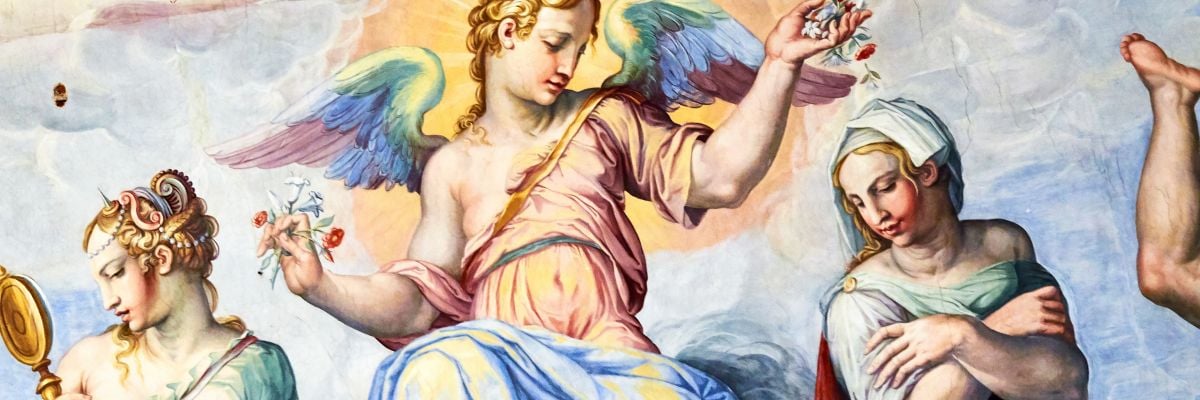
Question:
Answer:
St Paul’s division of body, soul, and spirit could never be eliminated from the Church’s teaching. The council you are referring to is the Ecumenical Council of Vienne in France in the year 1312. This council simply defined that the spiritual or rational soul is the form—that is, the immediate principle of life and being—of the human body. This was done to combat some errors which had arisen about human nature. This council was not referring to the words of St. Paul in 1 Thessalonians 5:23 about “spirit, soul, and body.”
“Soul” when distinguished from “spirit” means that which gives life to a body. “Spirit” when contrasted with “soul” simply means those aspects of human life and activity that do not depend on the body or the conditions of matter, and so open the soul toward the supernatural life of grace. Human nature has all of these aspects essentially, and finally, even the body will share in the life of the spirit in the resurrection. In any case, no Church council ever eliminated a teaching found in Sacred Scripture, nor could it.



